About St. Joseph Recovery Center
Clients who need to detox before transitioning into other phases of recovery can do so under medical supervision. This service takes place in a residential setting with 24/7 nursing care. If medication assisted treatment (MAT) is required, providers can administer addiction medications, along with counseling and recovery education, to reduce the physical pain of withdrawal and prevent complications.
Once detox is complete, clients may enter the Center’s residential or outpatient treatment programs. Clients who need to recover apart from the day to day stressors of home may prefer to live on campus. All treatment plans are personalized according to the client’s needs and recovery process and can include counseling, educational programming, experiential therapies, life skills training, 12 step recovery programs, and peer-based support groups.
There is also a wide number of holistic activities available on site, including equine therapy, animal therapy, art programs, hiking treks, farm outings, and yoga. Most clients stay in residential treatment for 30 to 60 days. Upon discharge, clients can work with assigned case managers to secure additional recovery support services, including referrals for educational assistance, vocational training, housing, and medical needs.
Latest Reviews
Rehab Score
Gallery
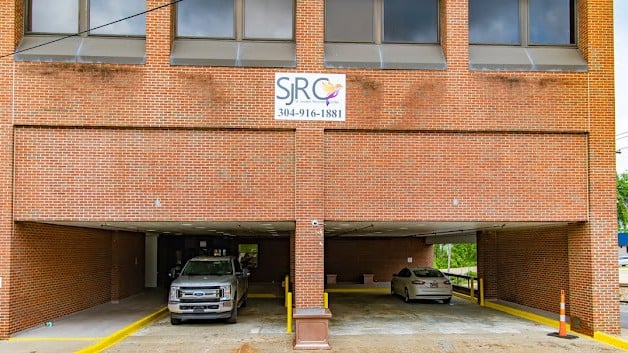
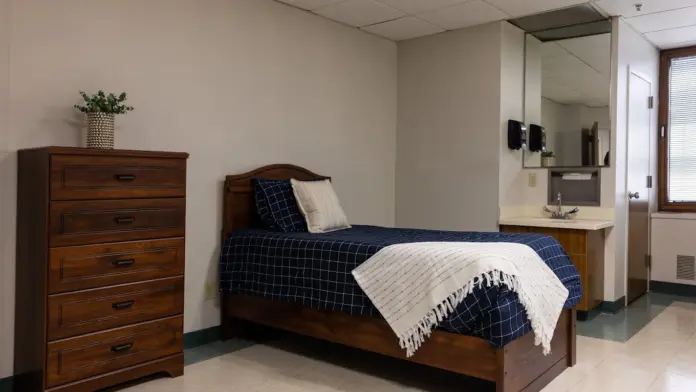
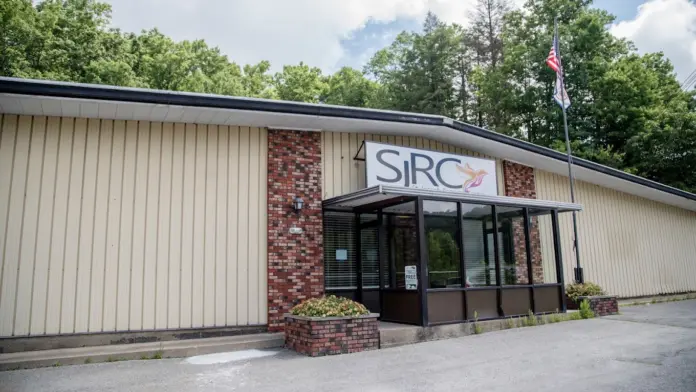
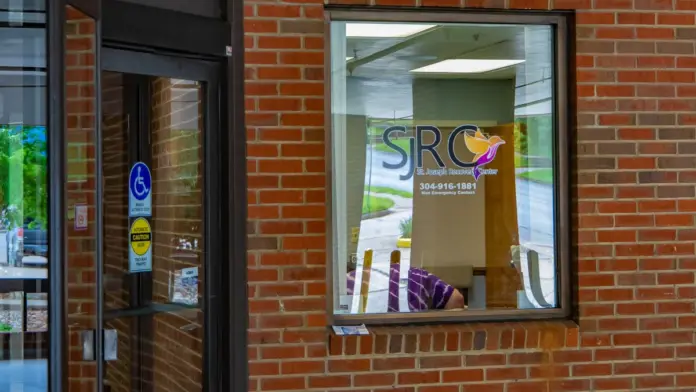
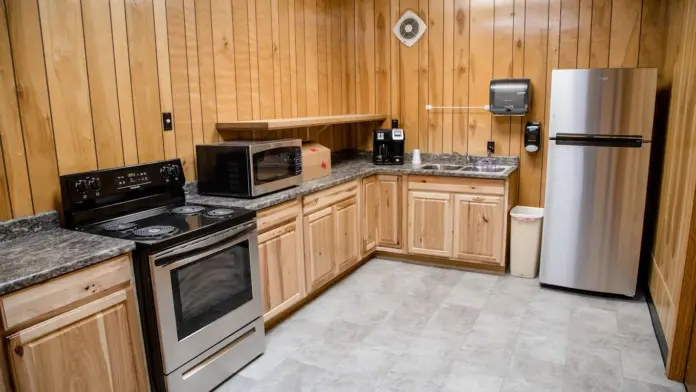
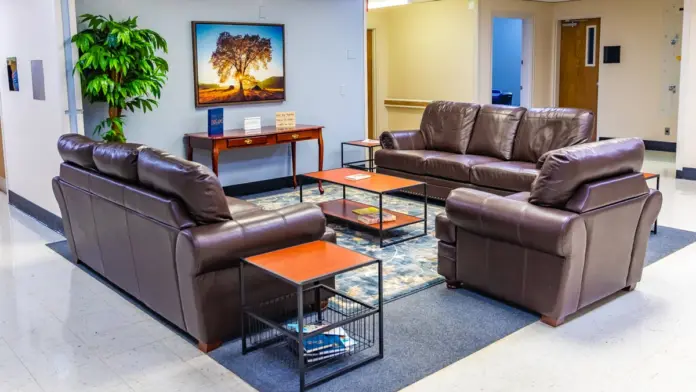
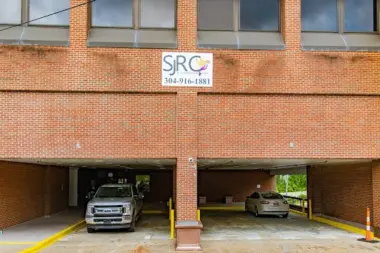
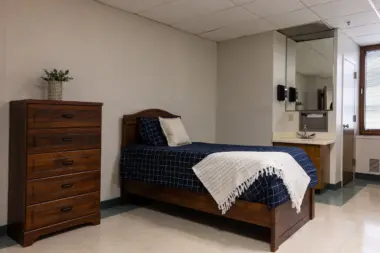
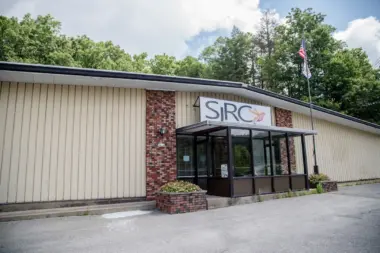
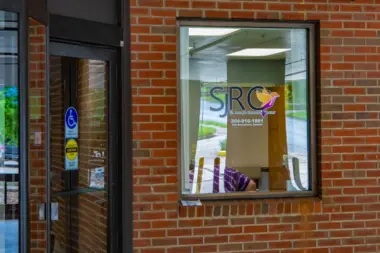
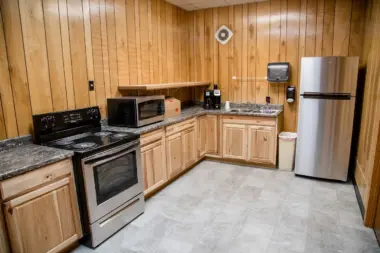
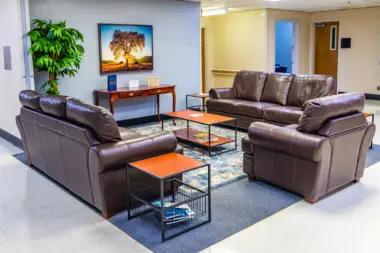
Accepted Insurance
Other Forms of Payment
Private insurance refers to any kind of healthcare coverage that isn't from the state or federal government. This includes individual and family plans offered by an employer or purchased from the Insurance Marketplace. Every plan will have different requirements and out of pocket costs so be sure to get the full details before you start treatment.
Self-pay involves paying for treatment out of your own pocket. You can use savings or credit, get a personal loan, or receive help from family and friends to fund your treatment. If you don't have insurance or your insurance plan doesn't cover a specific program, self-pay can help ensure you still get the care you need.
Financial aid can take many forms. Centers may have grants or scholarships available to clients who meet eligibility requirements. Programs that receive SAMHSA grants may have financial aid available for those who need treatment as well. Grants and scholarships can help you pai for treatment without having to repay.
Medicare is a federal program that provides health insurance for those 65 and older. It also serves people under 65 with chronic and disabling health challenges. To use Medicare for addiction treatment you need to find a program that accepts Medicare and is in network with your plan. Out of pocket costs and preauthorization requirements vary, so always check with your provider.
Medicaid is a state based program that helps lower-income individuals and families pay for healthcare. Medicaid covers addiction treatment so those enrolled can use their coverage to pay for rehab. When a program accepts Medicaid the client often pays very little or nothing out of their own pocket.
Addiction Treatments
Levels of Care
Outpatient Programs (OP) are for those seeking mental rehab or drug rehab, but who also stay at home every night. The main difference between outpatient treatment (OP) and intensive outpatient treatment (IOP) lies in the amount of hours the patient spends at the facility. Most of the time an outpatient program is designed for someone who has completed an inpatient stay and is looking to continue their growth in recovery. Outpatient is not meant to be the starting point, it is commonly referred to as aftercare.
Residential treatment programs are those that offer housing and meals in addition to substance abuse treatment. Rehab facilities that offer residential treatment allow patients to focus solely on recovery, in an environment totally separate from their lives. Some rehab centers specialize in short-term residential treatment (a few days to a week or two), while others solely provide treatment on a long-term basis (several weeks to months). Some offer both, and tailor treatment to the patient's individual requirements. Linden Oaks' Residential Stay Program offers additional support for those who may benefit from a structured living environment. A patient's stay may vary from a few days to 30 days ago. The program includes group, family and individual counseling.
Clients in addiction recovery often transition from inpatient rehab to intensive outpatient programs (IOP) to promote their successful reintegration into their home, workplace, and community. These programs provide high-level support for clients in early recovery and those at an increased relapse risk, offering between nine and 20 hours of treatment per week on average. Intensive outpatient treatment typically involves a range of therapeutic approaches, including psychotherapy, recovery education, holistic treatments, such as acupuncture, and medication assisted treatment (MAT) for alcohol and/or opioid dependency.
If you have become physically dependent on drugs or alcohol, quitting abruptly can cause withdrawal symptoms like anxiety, headaches, flu-like symptoms, and more. In severe cases, these withdrawal symptoms can even be dangerous. In medically assisted detox, a team of licensed professionals will monitor your vitals, provide medication if needed, and help keep you as safe and comfortable as possible during this process.
Programs
Adult rehab programs include therapies tailored to each client's specific needs, goals, and recovery progress. They are tailored to the specific challenges adult clients may face, including family and work pressures and commitments. From inpatient and residential treatment to various levels of outpatient services, there are many options available. Some facilities also help adults work through co-occurring conditions, like anxiety, that can accompany addiction.
Young adulthood can be an exciting, yet difficult, time of transition. Individuals in their late teens to mid-20s face unique stressors related to school, jobs, families, and social circles, which can lead to a rise in substance use. Rehab centers with dedicated young adult programs will include activities and amenities that cater to this age group, with an emphasis on specialized counseling, peer socialization, and ongoing aftercare.
Clinical Services
Through cognitive behavioral therapy in West Virginia, therapists encourage clients to identify negative thoughts, gain control over them, and develop ways to change their behaviors. This can be an effective way to break the cycle of addiction and overcome substance use disorder.
The core philosophies of dialectical behavior therapy in West Virginia are that everything is interconnected, change is inevitable, and you can integrate opposites to reach the truth. Treatment focuses on acceptance and change. You'll learn how emotions and behaviors are connected, accept your feelings, and learn how to change patterns of emotion and behavior.
Trauma therapy gives you a structured approach to healing from past traumatic events. You can experience the emotional and psychological impact of trauma whether you witness an event or experience it. Your therapist guides you in understanding your responses and helps you develop healthier coping skills.
During family therapy, family members work with therapists to understand addiction as a disease and how it affects the family unit. Using this approach fosters empathy and reduces blame between family members. This creates a nurturing environment that helps support their loved one's sobriety.
The goal of nutrition therapy is to teach you how to properly care for your body so you can recover from addiction both physically and mentally. You'll learn the nutrients your body needs to recover and the foods you should eat to avoid cravings and reduce the risk of relapse.
Amenities
-
Residential Setting
Staff & Accreditations
Staff
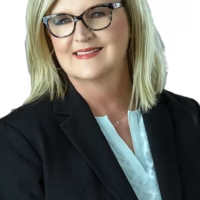
Donna Meadows
CEO
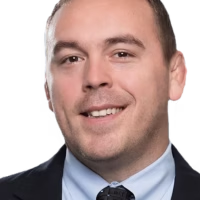
Michael Faust
COO
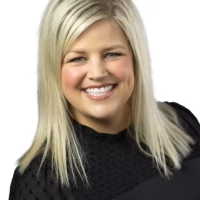
Jordan Granus
Program Director
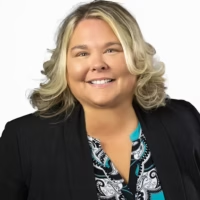
Molly Jones
Clinical Director
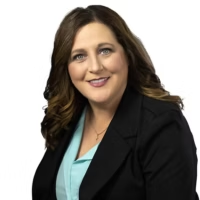
Cheryl Angus
Facility Operations Director
Accreditations

LegitScript has reviewed St. Joseph Recovery Center as part of their certification program, and has determined that it meets the LegitScript standards for legality, safety and transparency.
LegitScript verified in
Contact Information
1824 Murdoch Ave
Parkersburg, WV 26101








